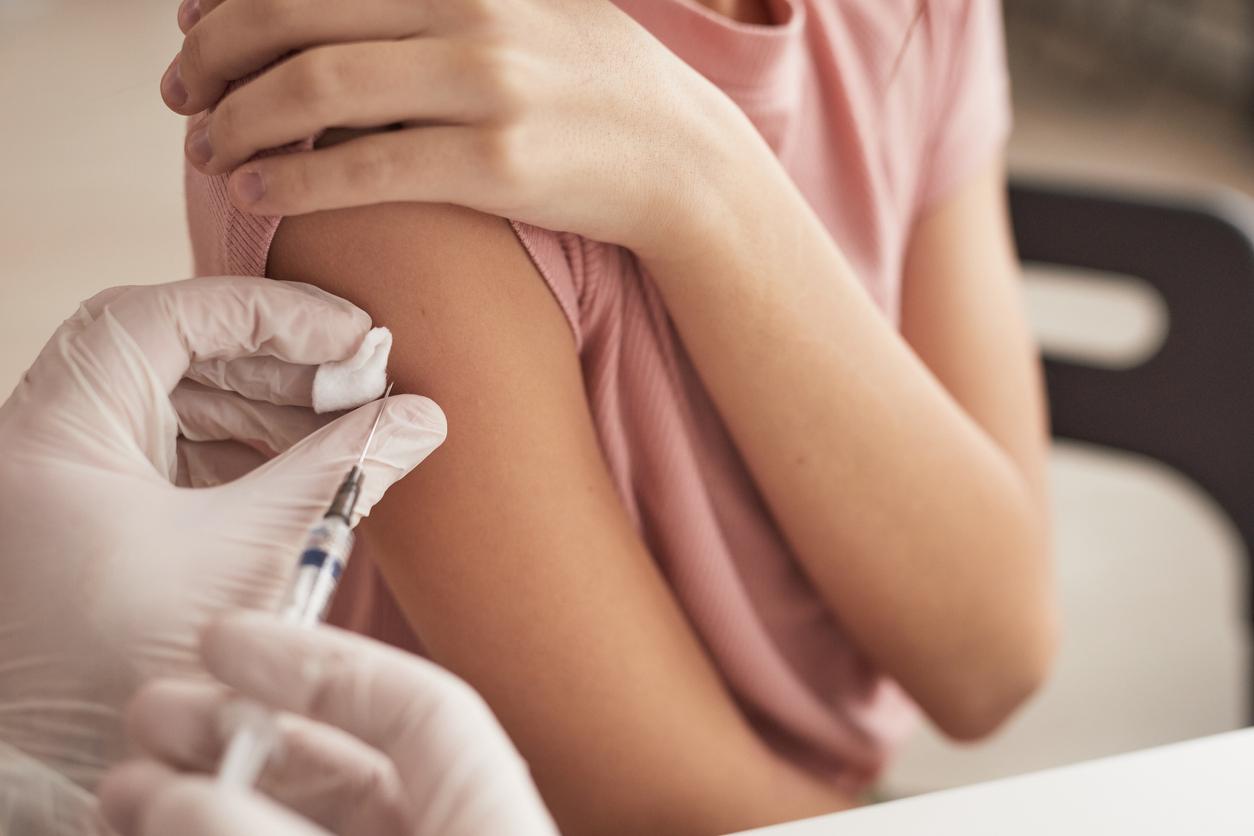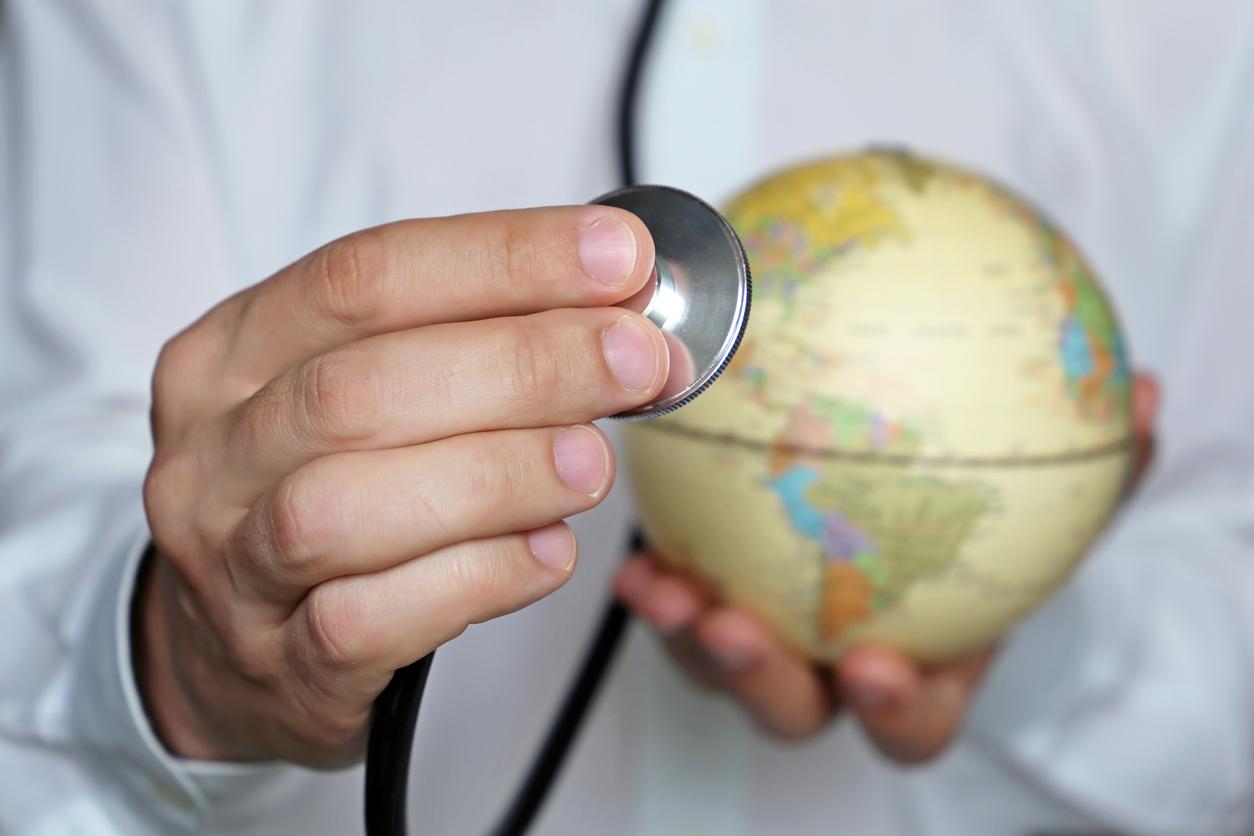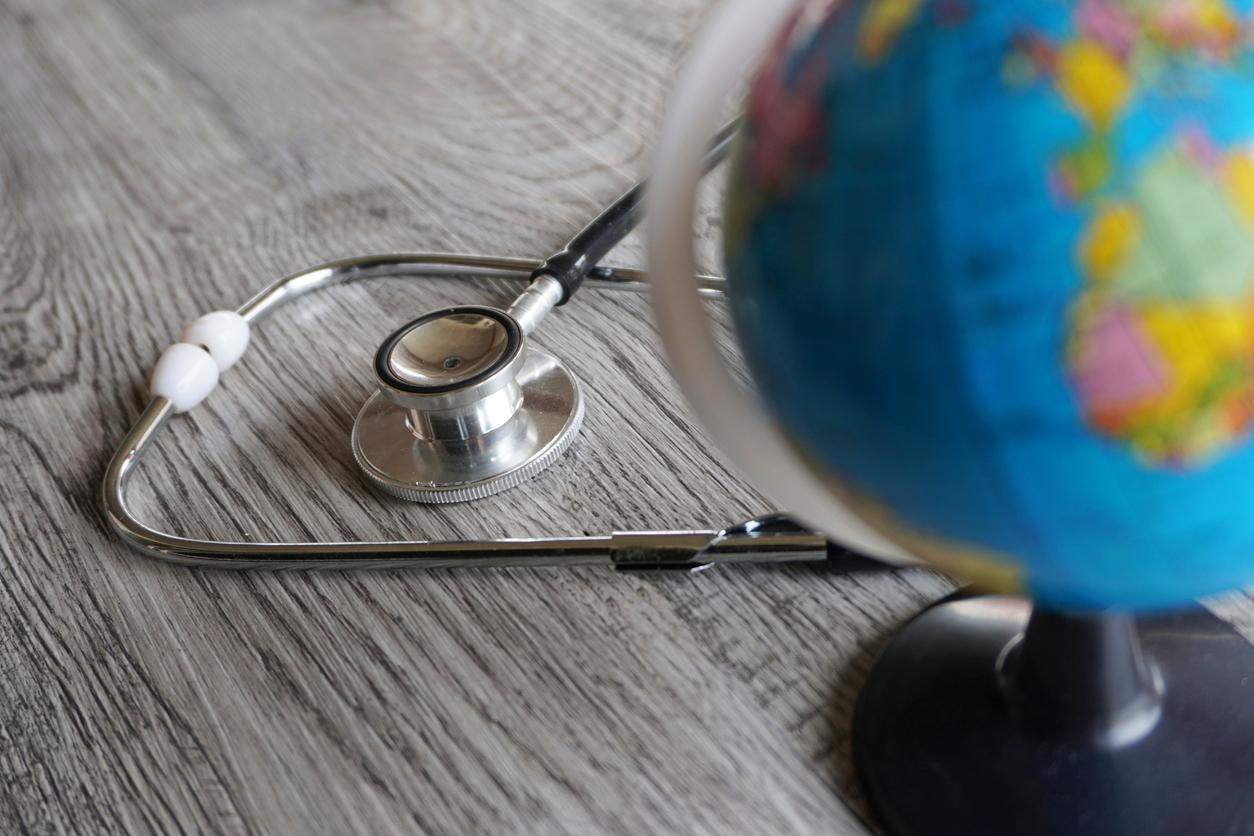Since the start of the school year, the Ministry of Health has offered free vaccination for all 5th grade students. According to initial data, only 10% of college students have received the vaccine.

- In September, a vaccination campaign against the papillomavirus was launched in colleges.
- According to initial figures, only 10% of 5th grade students have received the vaccine.
- The Ministry of Health is targeting 30% of college students vaccinated at the end of this campaign.
The objective is far from being achieved. According to information from France Inter, 10% of 5th grade students were vaccinated against human papillomaviruses. Since the start of the school year, the government has launched a vast vaccination campaign for these college students. “Regarding voluntary vaccination, the expected objective for this first edition of the campaign is at least 30% of students vaccinated at school.specified the ministry in a communicated in September.
Vaccination in colleges: only one in ten students received the vaccine
According to data obtained by France Inter, 61,400 fifth grade students received the first dose of vaccine out of 632,000 middle school students attending this level. These figures only concern vaccinations carried out within colleges. They will be supplemented by data from vaccination in community medicine. However, with one in ten students vaccinated, this remains below the objectives of the Ministry of Health. In June 2024, these students will receive the second dose of the vaccine.
Papillomavirus: why vaccinate 5th grade students?
At the start of the school year, the Ministry of Health launched this operation in 7,000 public colleges. “This vaccination campaign offers each parent the opportunity to have their child vaccinated simply and free of charge., he indicated in a press release. Girls and boys are affected by this vaccination, recommended between 11 and 14 years of age by health authorities. The government’s goal is to improve vaccination coverage: currently, it is 37% for girls and 9% for boys. For the ministry, these figures are low compared to “the objective of 80% vaccination coverage among girls by 2023 set by the ten-year strategy to combat cancer.
Vaccination, protection against cervical cancer
This vaccination offers 90% protection against infections linked to human papillomavirus (HPV). The latter are often asymptomatic but can create precancerous lesions or cause cancers of the cervix, vulva, vagina and anus. “These lesions can develop into cancer 10 to 15 years after infection with the virus., alerts the Ministry of Health. Each year, HPV infection is responsible for 6,000 new cases of cancer and 30,000 precancerous lesions of the cervix.

















